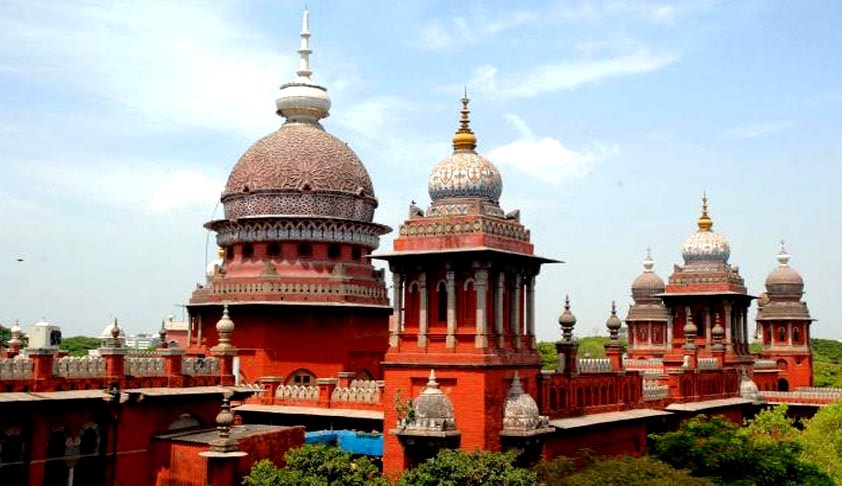- Home
- /
- News Updates
- /
- TN Govt To Sanction 1,344 Addl...
TN Govt To Sanction 1,344 Addl Judicial Posts
Vidushi Sahani
12 Dec 2016 2:17 PM IST
The Tamil Nadu government has agreed to approve 1,344 additional posts for state judicial staff. The Madras High Court was informed that a file on additional posts was sent for approval to the competent authority and assured that the necessary sanctions would be obtained within the calendar year. The court has listed the matter for further hearing on January 6, 2017.In an affidavit filed...
Next Story



